As Pride Month 2021 comes to a close, we’re glad to share several LGBTQ+-related resources from Recollection Wisconsin and our partner organizations. As Governor Tony Evers shared in the order designating Pride Month: “The tradition of recognizing June as Pride Month began to commemorate the concerted campaign toward a liberation movement against repressive intervention in the lives of LGBTQ people.” Recent years have brought forward a wealth of archival and primary sources on LGBTQ+ topics, several of which we’ve shared below.
Recollection Wisconsin’s LGBTQ History Collections
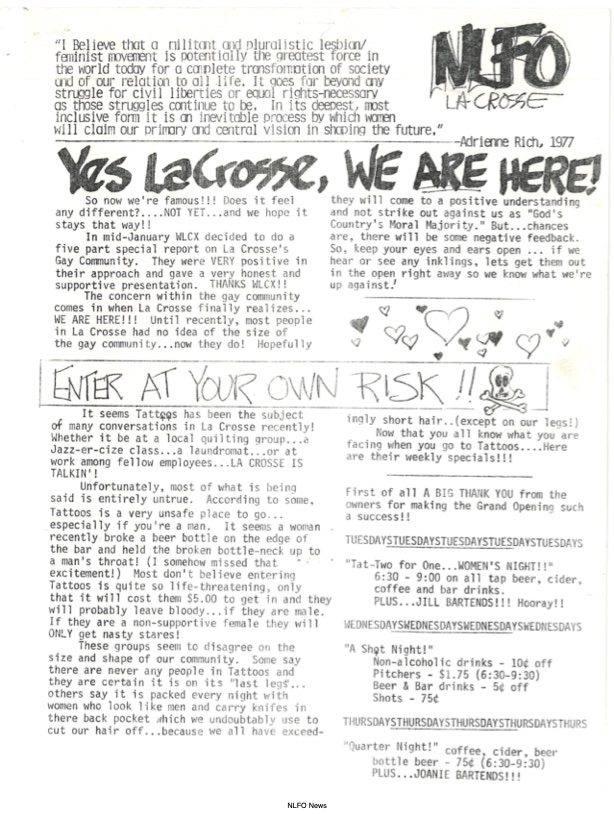
Not all LGBTQ+ content can be found by searching “LGBTQ+.” In fact, the acronym is a fairly recent term and hasn’t always been in widespread use. Try searching for “gay,” “lesbian,” “bisexual,” “transgender” or “queer” to turn up more LGBTQ+-related items. This tip applies for Recollection Wisconsin and any other digital archive collection.
UWM LGBT Archive
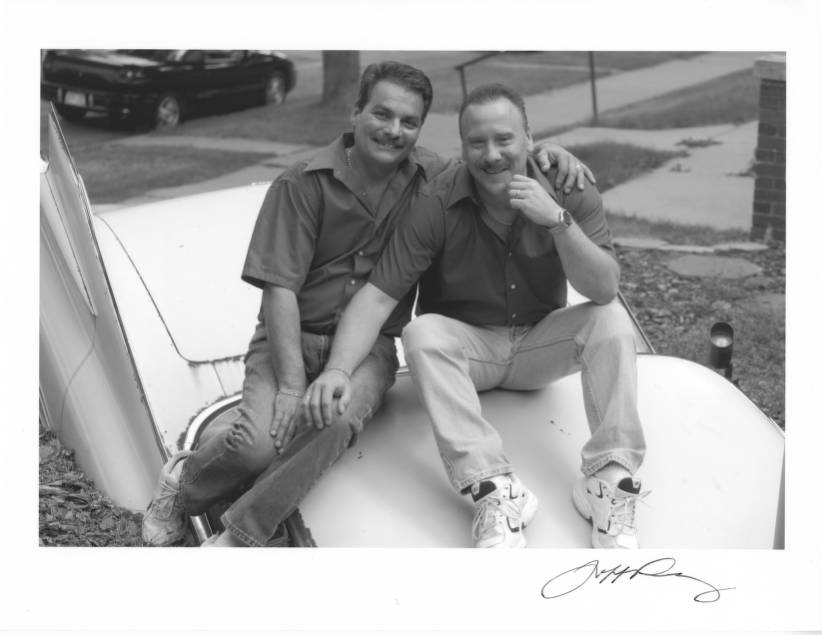
UWM LGBTQ+ Audio Archive Mining Project
The history of Pride Month dates back to the Stonewall uprising in Manhattan on June 29, 1969. The first Gay Liberation parade was held in 1970 to commemorate Stonewall, and Pride events have grown to fill the month of June.
Madison LGBTQ+ Archive
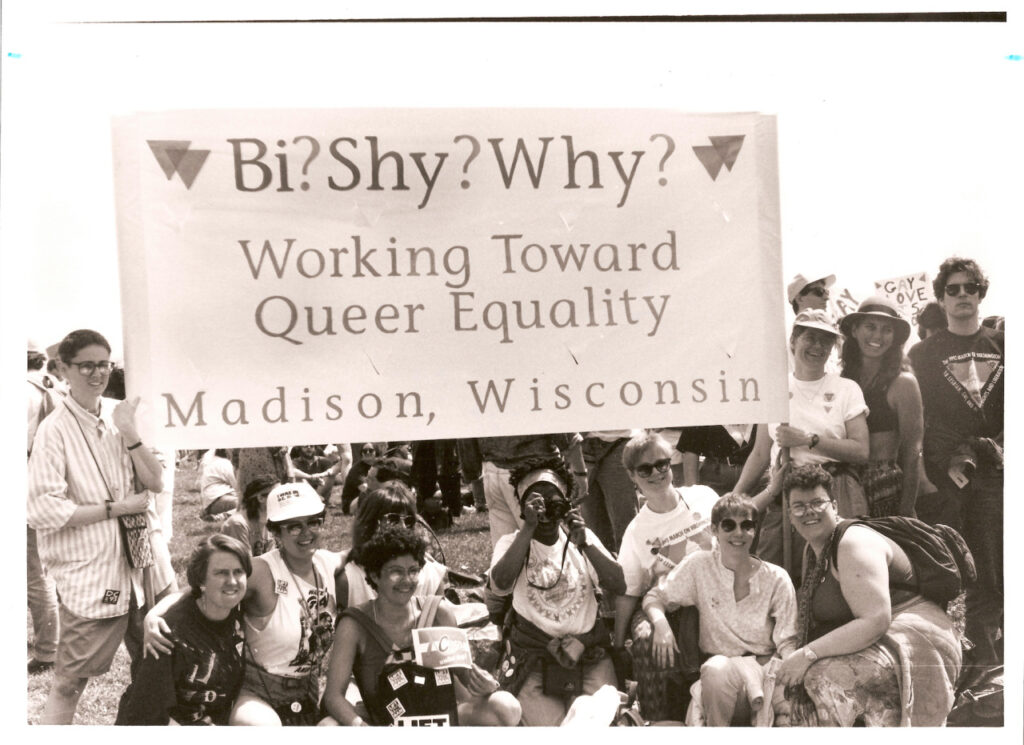
Wisconsin was the first state in the country to pass a gay anti-discrimination law in 1982. State Representative David Clarenbach, who would later come out as gay himself, championed this law before it was signed by Governor Lee S. Dreyfus.
Wisconsin Historical Society LGBTQ+ History
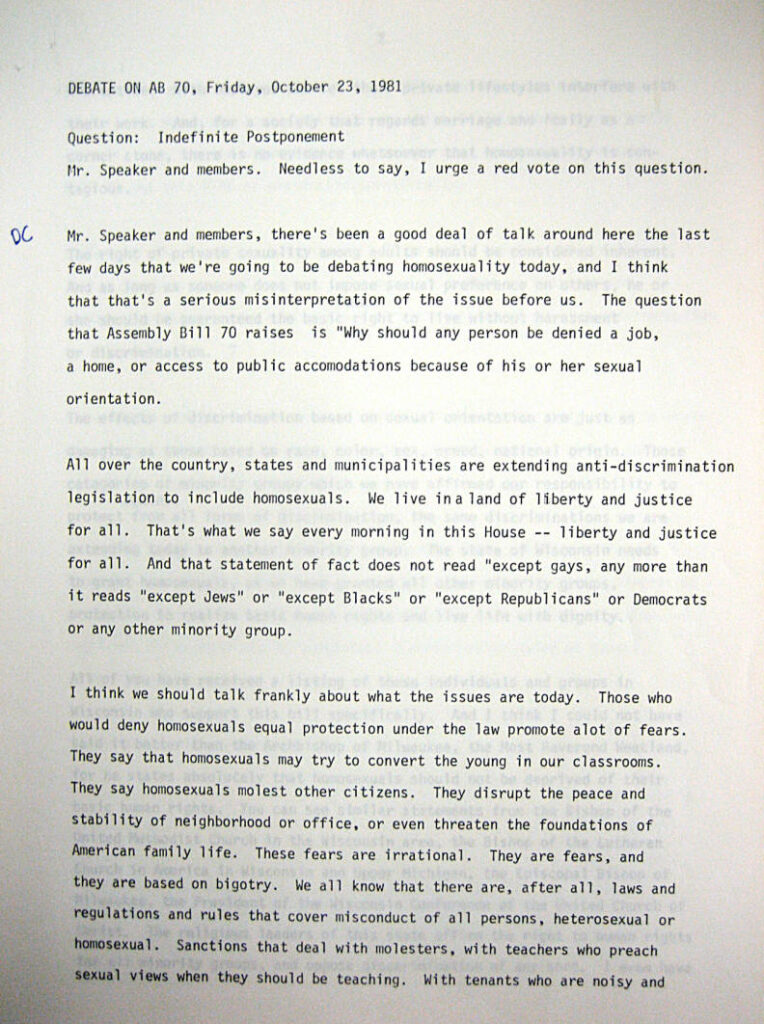
Bob Neal and Edgar Hellum at Pendarvis House
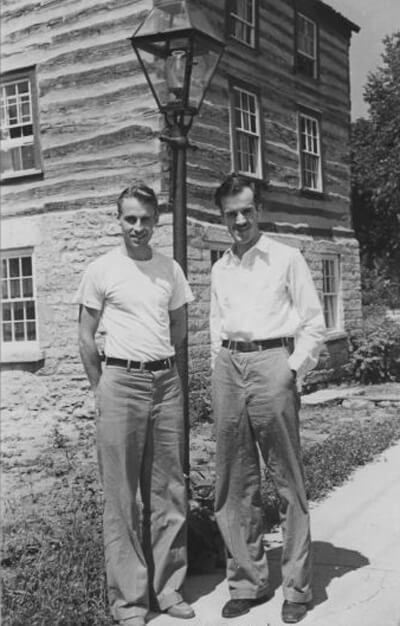
The lives of Bob Neal and Edgar Hellum are entwined with historic preservation, immigrant identity, food, and LGBTQ identity. Bob and Edgar, as Neal and Hellum were known in Mineral Point, were business and life partners who opened a world-renowned restaurant and were responsible for preserving the Cornish architecture of the town, turning it into a tourist destination. This successful partnership was publicly one of business and friendship, but privately, the men were life partners and this was likely known in the town, though not openly discussed nor necessarily accepted by everyone.
UW Digital Collections
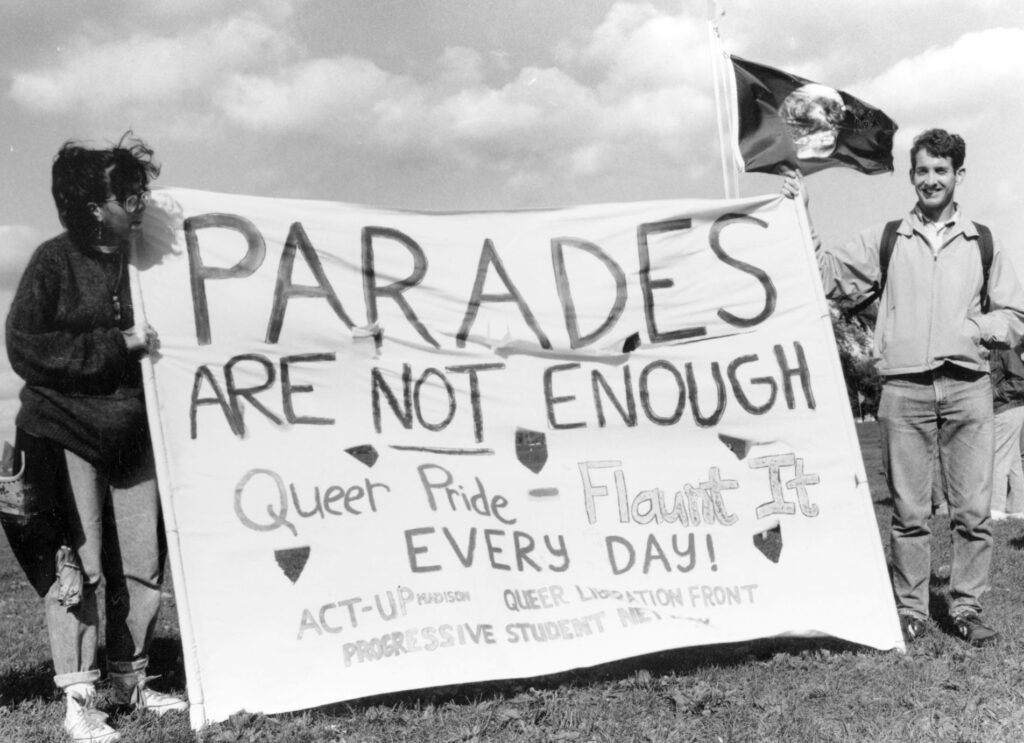


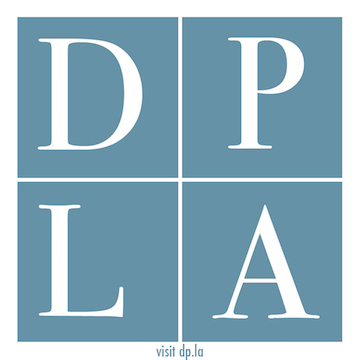
You must be logged in to post a comment.